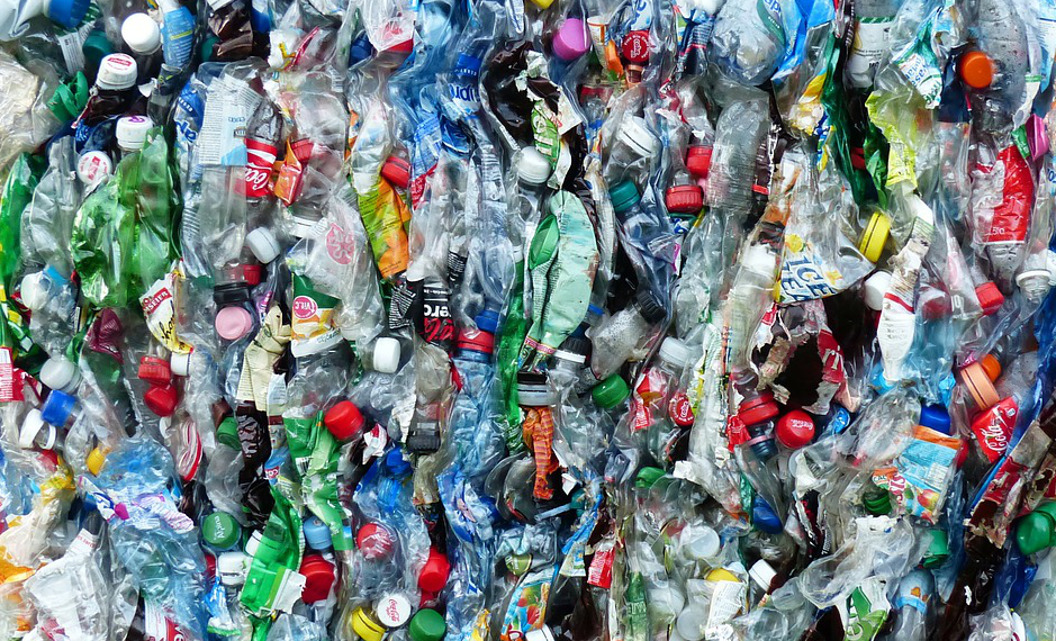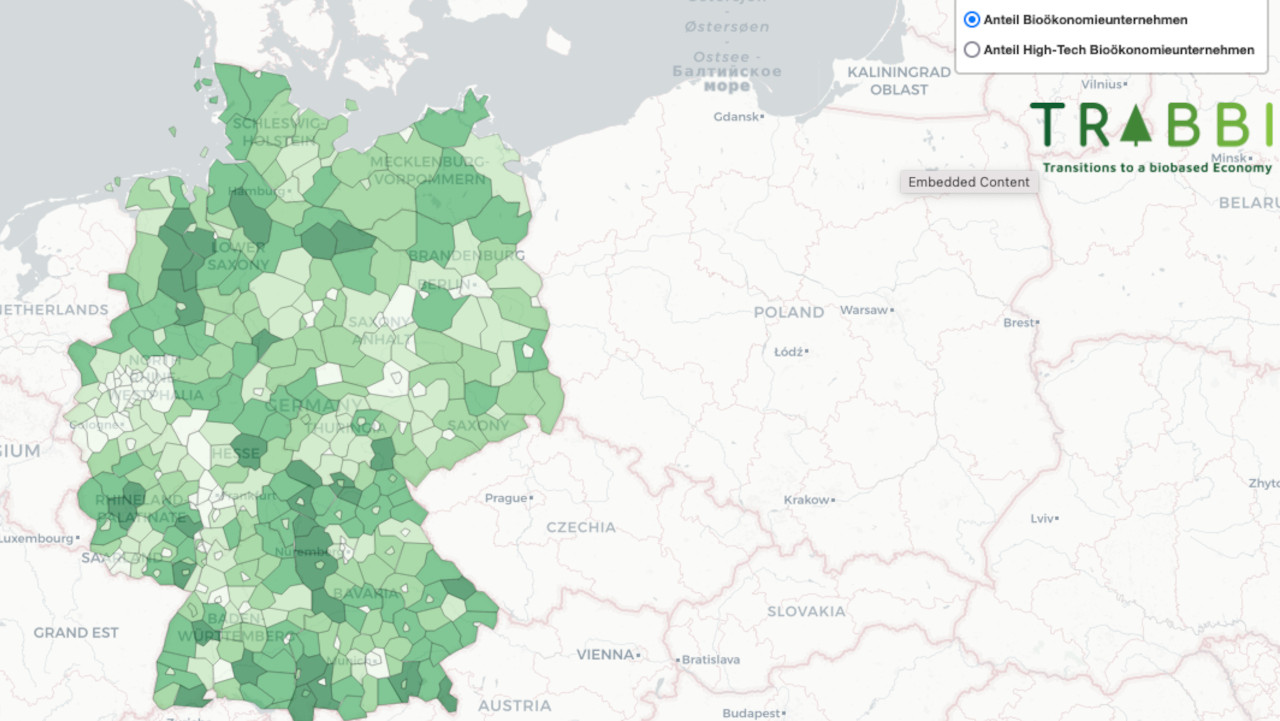Circular economy: digitalisation could close loops
Circular economy in Germany is not living up to its potential according to an analysis published by the Wuppertal Institute.

Circular or closed-loop economy is the holy grail of any sustainable economy. The idea is that no materials are being wasted and lost during production, and instead everything can and will be reused and recycled. However, although Germany has one of the most advanced waste management systems in the world, only about 14% of the raw materials used in the German industry are derived from recycling processes. In order to analyse how this small percentage could be increased, the German Federal Environment Ministry studied the issue and came to the conclusion that the circular economy would especially benefit from the growing digitalisation.
At the same time the study also showed that this topic is not really being systematically addressed yet. Therefore, Henning Wilts and Holger Berg at the newly established Circular Economy research unit at the Wuppertal Institute are working on a “Circular Economy Literacy” framework, which is intended to pave the way for the digital and resource-efficient circular economy. They describe these issues in detail in the recently published “in brief”.
Great potential but poor execution
Although the potential for using recycled materials is there, the reality is still far removed from a so-called closed-loop system. Secondary raw materials recovered from waste (recyclates) have previously been fed back into production and usage processes at volumes that are far below what is possible. This means loss of value, creates dependency on volatile commodity markets, lowers resource productivity and increases environmental pollution. The study “The Digitisation of Environmental Technology”, commissioned by the German Federal Ministry for the Environment, Nature Conservation, Building and Nuclear Safety, indicates that no other lead market in the environmental sector stands to benefit from digitalisation more than the circular economy, whilst also suggesting that no sector has ever been so poorly positioned.
Digitalisation as an information revolution
Companies are still relying too much on primary materials instead of recycled raw materials – although the latter would be less expensive. One reason is the fact that it is often times simply not known when and where waste is produced that can be used as recyclates. In addition, the value of waste materials is heavily dependent on their composition and what is known about them. Therefore Wilts, Head of the Research Unit Circular Economy, stresses: “There is an urgent need for better coordination of flows of materials and information, if we are to advance the transition to the circular economy.”
Holger Berg adds: “Information about the quantity and especially the quality of products and the raw materials they contain must be gathered, analysed and retained.” Until now, it has not been possible to overcome much of this information deficit. However, Wilts and Berg anticipate that the digital transformation could provide the solution, because it is an information revolution and can thus serve as the link to enable the implementation of the circular economy.
Providing a strategic vision for circular economy
The ultimate objective is to prevent waste as far as possible and to enable a resource-efficient circular economy. Wilts and Berg are evaluating how such comprehensive change processes can be made possible and set on the right tracks. Their projects aim to bring together the various stakeholders and provide a strategic vision for a digital circular economy in North Rhine-Westphalia, Germany and Europe. In order to advance the field, they stress the necessity of building bridges between the digitalisation and circular economy, they ask to better support small- and medium-sized enterprises, aim to track the progress of the digital circular economy and they ask which areas would stand to benefit the most from the digital circular economy.
jmr


